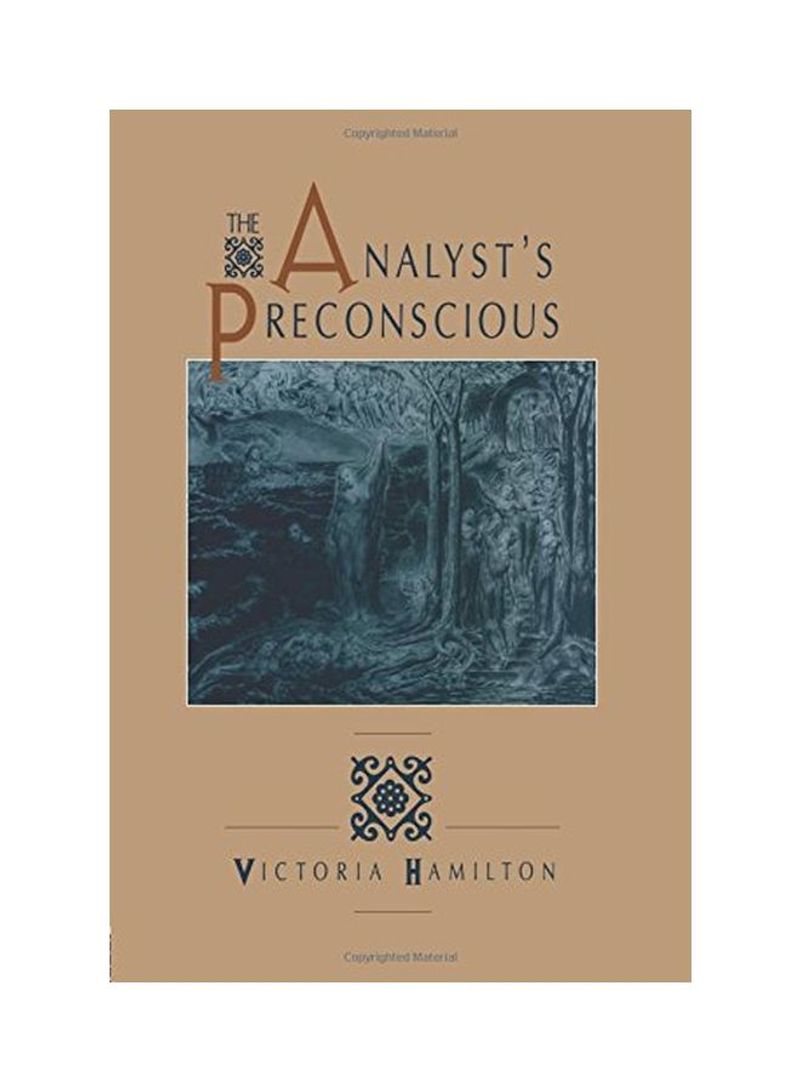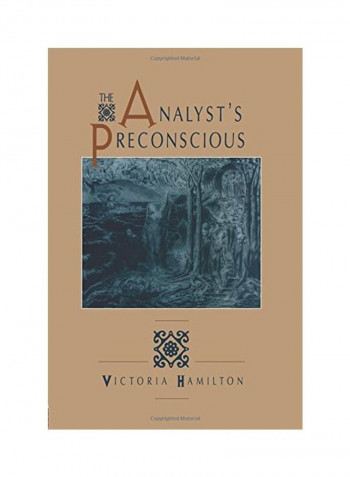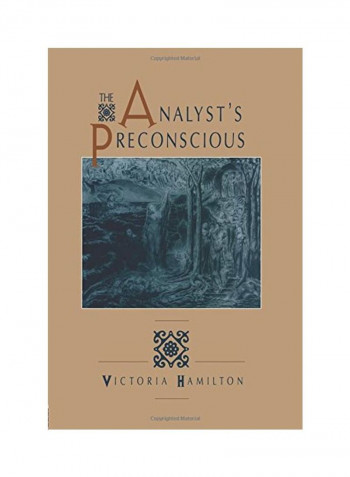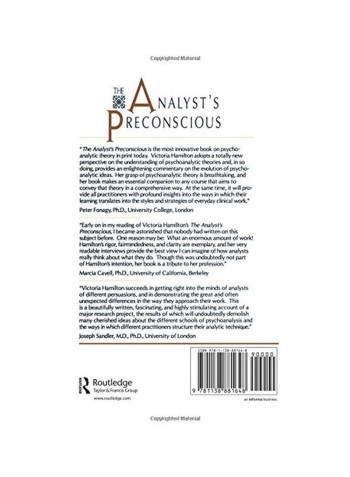The Analyst's Preconscious Paperback
Recommend
Sort by
Rating
Date
Specifications
Country of Origin
India
Author 1
Victoria Hamilton
Book Description
How do the analyst's consciously held theoretical commitments intersect with the actual conduct of analysis? Do commitments to notions like "psychic truth" or "analytic neutrality" affect interpretive style, the willingness to acknowledge treatment mistakes, and other pragmatic preferences? Does the commitment to cerain comcepts entail commitment to related ideas and practices to the exclusion of others? This is the uncharted domain that Victoria Hamilton explores in The Analyst's Preconscious. At the heart of her endeavor is an imaginatively conceived empirical investigation revolving around in-depth interviews with 65 leading analysts in the United States and Britain. In these lively and free-ranging discussions, the reader encounter firsthand the thoughtfulness with which practitioners wrestle with the ambiguous relations between various theoretical positions, whether or not their own, and the exigencies of the therapeutic encounter. The result is a uniquely detailed map of contemporary psychoanalysis. Hamilton documents the existence of different analytic cultures, each shaped by a need to maintain inner consistency among fundamental assumptions and also by extratheoretical factors, including geography, collegial experiences, and exposure to particular teachers and supervisors. A major contribution to understanding the pluralism of contemporary psychoanalysis, The Analyst's Preconscious is also a celebration of the dedication and sensitivity with which contemporary analysts seek to organize their therapeutic practices amidst the welter of proliferating concepts and rival schools of thought. Coming at a critical juncture in the history of the field, this work is indispensable to all who care about psychoanalytic culture and psychoanalytic practice, and especially about the analyst's real-world adaptation to the theoretical turbulence of our time.
ISBN-10
1138881643
ISBN-13
9781138881648
Language
English
Publisher
Taylor And Francis Ltd
Publication Date
25 Jun 2015
Number of Pages
362
About the Author
Victoria Hamilton, Ph.D., studied art and philosophy before undertaking clinical training at the Tavistock Clinic and postgraduate study at the Psychoanalysis Unit of the University of London. Dr. Hamilton is now a Supervising and Training Analyst at the Institute for Contemporary Psychoanalysis in Los Angeles, where she practices adult and child psychoanalysis. She is the author of Narcissus and Oedipus (1982).
Editorial Review
The Analyst's Preconscious is the most innovative book on psychoanalytic theory in print today. Victoria Hamilton adots a totally new perspective on the understanding of psychoanalytic theories and, in so doing, provides an enlightening commentary on the evolution of psychoanalytic ideas. Her grasp of psychoanalytic theory is breathtaking, and her book makes an essential companion to any course that aims to convey that theory in a comprehensive way. At the same time, it will provide all practitioners with profound insights into the ways in which their learning translates into the styles and strategies of everyday clinical work. - Peter Fonagy, Ph.D., University College, London "Early on in my reading of Victoria Hamilton's The Analyst's Preconscious, I became astonished that nobody had written on this subject before. One reason may be: What an enormous amount of work! Hamilton's rigor, fairmindedness, and clarity are exemplary, and her very readable interviews provide the best view I can imagine of how analysts really think about what they do. Though this was undoubtedly not part of Hamilton's intention, her book is a tribute to her profession." - Marcia Cavell, Ph.D., University of California, Berkeley "Victoria Hamilton succeeds in getting right into the minds of analysts of different persuasions, and in demonstrating the great and often unexpected differences in the way they approach their work. This is a beautifully written, fascinating, and highly stimulating account of a major research project, the results of which will undoubtedly demolish many cherished ideas about the different schools of psychoanalysis and the ways in which different practitioners structure their analytic technique." - Joseph Sandler, Ph.D., University of London




